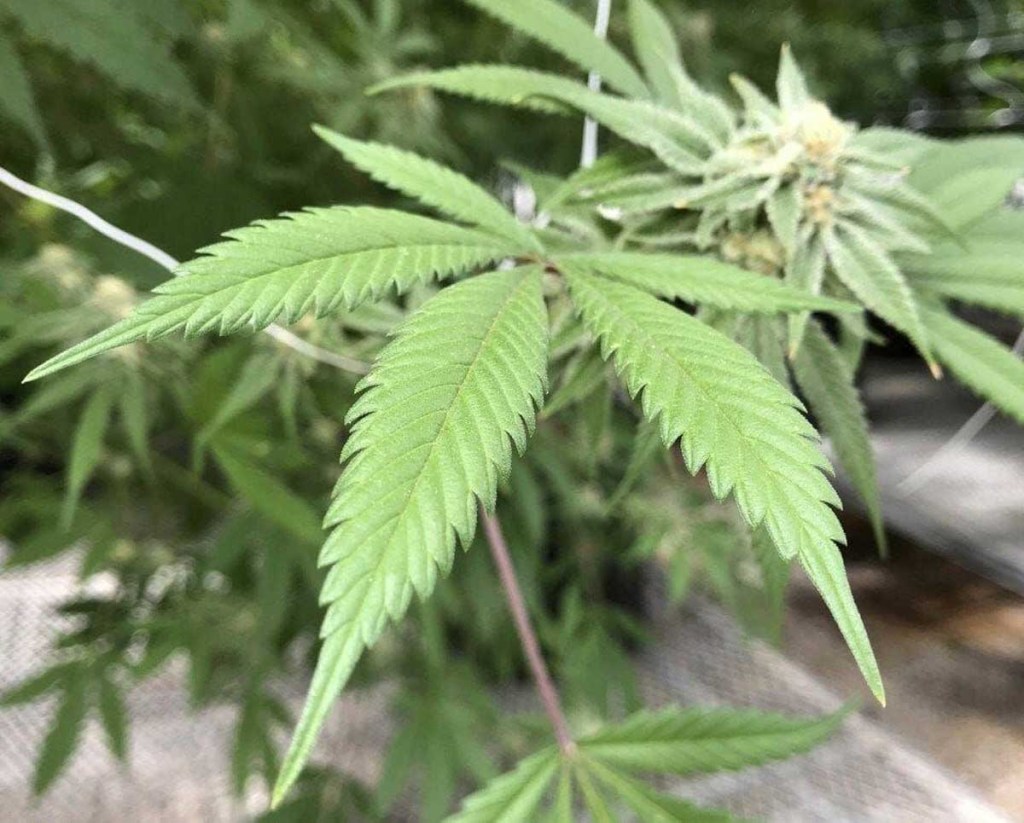Georgia’s medical cannabis proposal dead, 11th hour changes scolded
Published 12:39 pm Friday, March 31, 2023
ATLANTA — The embattled process to roll out medical marijuana in Georgia was met with more challenges this legislative session with a bill that would have allowed more medical marijuana licenses failing to cross the finish line.
Most legislators seem to agree that the 2019 law creating the Georgia Access to Medical Cannabis Commission is flawed and needs some reform, but couldn’t come up with an agreement to do so before the session came to an end March 29.
Trending
The 2019 law only allows the Commission to issue six licenses.
In 2021, the Commission issued two Class I licenses and four tentative Class II licenses for medical marijuana after scoring more than 70 applicants. However, the Class II licenses are still on hold due to lawsuits from nine applicants that weren’t awarded licenses.
The lawsuits allege unfair and inconsistent scoring by the Commission, whose records and documents aren’t subject to open records.
Republican Rep. Alan Powell, sponsor of House Bill 196, said he agrees with the lawsuits that the scoring was “not right,” but the commission’s scoring records are sealed from public access as permitted by the commission’s bylaws.
“I will still refute that claim that these people who file suit, they’re the ones that are keeping it tied down right now, because they had rights to litigate,” Powell said at a previous committee meeting. “They felt they were wronged, [they] had their investments into their applications. So (the bill) is all about moving forward.”
In an 11th-hour change to HB 196 presented to senators a few hours before the 2023 legislative session was slated to end, the almost completely revamped proposal sought to abolish the Commission and turn over its operations to the Georgia Department of Agriculture.
Sen. Carden Summers, a Cordell Republican, presented the substitute of the bill March 29, and said DOA would be subject to the Administrative Procedures Act, allowing its dealings to become open to public records requests.
He said the substitute bill would allow the agriculture commissioner, currently former senator Tyler Harper, to issue up to 20 licenses to produce and dispense medical marijuana.
Like the original bill that passed in the House early March, the objective of the bill was to mediate the lawsuits.
“The ag commissioner will be able to ensure a safe and fair market, including minority businesses that won’t be shut out,” Garden said. “We need controls of this industry. This gives us control.”
Summers opined that it would take more than the six licenses to accommodate the 20,000-some Georgians currently on the THC Oil Patient Registry to receive the product to treat their illness.
However, Athens Republican Bill Cowsert, chair of the Regulated Industries and Utilities Committee, said the six companies chosen for licenses by the Commission have the manpower to produce enough product for 1 million people. He also expressed anger with the suddenness of the changes in the bill.
“We didn’t even have a hearing on this. … We haven’t even heard from this department to see if they even want to do this regulation.” Cowsert said. “We’re saying our Department of Agriculture is more suited to resolve disputes than our own court system.”
Republican Sen. Mike Dugan of Carrolton said whether the bill passes or not, the product will still become available in the coming months through the two companies with Class I licenses, which permit growing, cultivating and manufacturing THC oil in an indoor space no more than 10,000 square feet.
The four other tentative Class II licenses allow up to 50,000 square feet of indoor space for growing, cultivating and manufacturing low level THC oil.
“Remember, we are still getting the product out. Let’s do that without making a further mess with these other licenses,” Dugan said.
Other concerns expressed with the proposal is that it could cause a negative ripple effect, and particularly prompt the 50-plus losing applicants who did not pursue a lawsuit to now do so.
“In a normal competitive bidding process, you don’t get to come to the front of the line ahead of everyone else,” Democrat Sonya Halpern of Atlanta said.
Sen. Ed Seltzer, an Acworth Republican, said putting the agriculture commissioner, which is an elected position, as the overseer of medical marijuana could cause ethical issues.
“The money that is going to race into the agriculture commissioner election…it will the ‘marijuana commissioner’ not the agriculture commissioner,” Seltzer said.
The bill narrowly failed in the Senate in a 28-26 vote, not receiving enough to meet the two-thirds majority required.
In the original House version of HB 196, passed March 6 in a 170-2 vote, a total of up to 15 Class I and II licenses would have been allowed to be issued by the Commission.
HB 196 provided provisions for when the number of licenses can be increased in the future, based on the number of patients added to the THC Oil Patient Registry. The original proposal also would’ve made the Commission subject to the Administrative Procedure Act and laws governing open meetings and open records, and would have established a legislative oversight committee.




